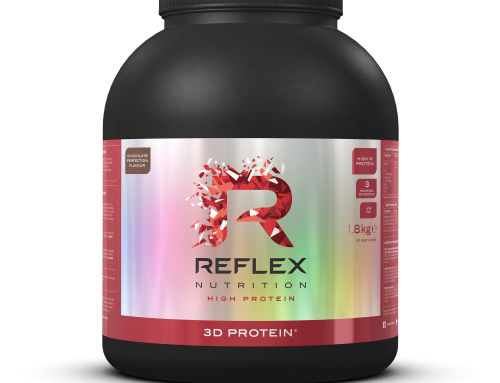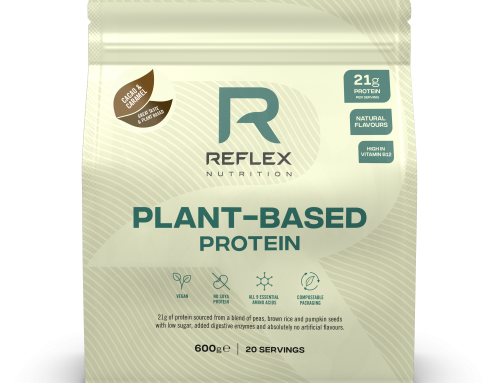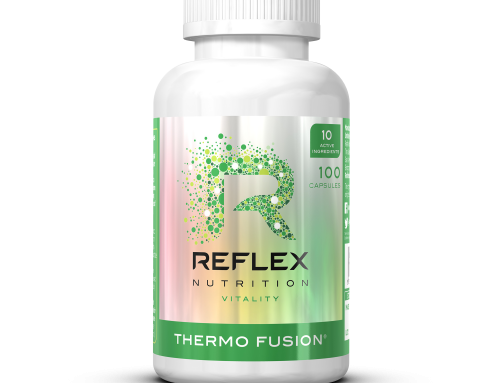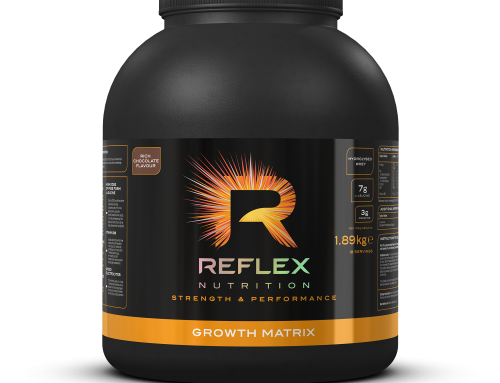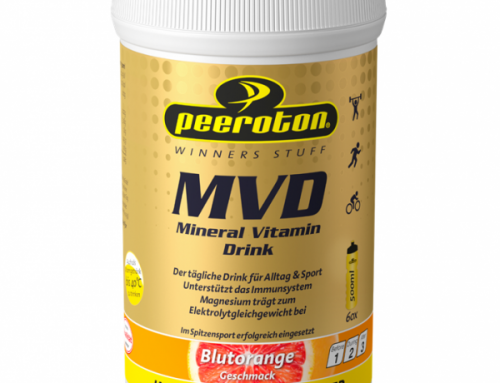Matrix L-Carnitine Tablets Review
Matrix L-Carnitine Tablets are from UK based company matrix – nutrition.co.uk. The description of this product states that it improves body composition, improves physical endurance and can delay the onset of muscle soreness which will enhance recovery. This review will assess the ingredients in this product to understand how and if this product can support the claims.
Ingredients
L-Carnitine
L-Carnitine is a dipeptide made from the essential amino acids lysine and methionine. L-Carnitine plays an important role in fat metabolism by allowing long chained fatty acids to pass through the mitochondrial membrane (1, 2).
Micro Crystalline Cellulose
Micro Crystalline Cellulose is a non-active ingredient which is made up of refined wood pulp. This substance doesn’t degrade during digestion and is preferable in tablets due to it being able to form hard but dissolve quickly.
Calcium (DC)
Calcium is a vital part of dietary consumption in order to aid growth and maintenance of bones (3). Other important benefits of calcium include helping blood clotting (4), heart contractions (5), lungs (6) and muscles to function properly (7), this is due to calcium binding with phosphate to create calcium phosphate (8).
Magnesium Stearate
Magnesium stearate does not induce any nutritional benefits. The main reason for this substance being in the supplement is that it is a lubricant for the machinery that manufactures the product.
Silicon Dioxide
Silicon Dioxide doesn’t add any nutritional benefits to this supplement. The main reason for silicon dioxide in this supplement is that it aids in the even distribution of the active ingredients in this supplement.
Summary
The evidence that L-carnitine can help aid fat metabolism has been well established, and the role of calcium has also been well established with the help of maintaining bone strength among many others. This product will help with weight loss and may help with increasing endurance capacity, however it is still to be determined whether this product can help with delayed onset of muscle soreness and enhancing recovery. This supplement is recommended to be taken post workout or between meals. This product has no banned substances when referring to the WADA prohibited list when observing the label/ ingredients posted on the website.
*NOTE – This product has not been tested in a laboratory and may contain other substances that may not appear on the label
References
1 – Siliprandi, N., Sartorelli, L., Ciman, M., & Di Lisa, F. (1989). Carnitine: metabolism and clinical chemistry. Clinica Chimica Acta, 183(1), 3-11.
2 – Müller, D.M., Seim, H., Kiess, W., Löster, H. & Richter, T. (2002) Effects of Oral l-Carnitine Supplementation on In Vivo Long-Chain Fatty Acid Oxidation in Healthy Adults Metabolism, Volume 51, issue 11, (pp. 1389-1391)
3 – Harada, S. I., & Rodan, G. A. (2003). Control of osteoblast function and regulation of bone mass. Nature, 423(6937), 349-355.
4 – Bogdanova, A., Makhro, A., Wang, J., Lipp, P., & Kaestner, L. (2013). Calcium in Red Blood Cells—A Perilous Balance. International journal of molecular sciences, 14(5), 9848-9872.
5 – Dhalla, N. S., Pierce, G. N., Panagia, V., Singal, P. K., & Beamish, R. E. (1982). Calcium movements in relation to heart function. Basic research in cardiology, 77(2), 117-139.
6 – Hawgood, S., Benson, B. J., & Hamilton Jr, R. L. (1985). Effects of a surfactant-associated protein and calcium ions on the structure and surface activity of lung surfactant lipids. Biochemistry, 24(1), 184-190.
7 – Berchtold, M. W., Brinkmeier, H., & Müntener, M. (2000). Calcium ion in skeletal muscle: its crucial role for muscle function, plasticity, and disease.Physiological reviews, 80(3), 1215-1265.
8 – Shanahan, C. M., Crouthamel, M. H., Kapustin, A., & Giachelli, C. M. (2011). Arterial calcification in chronic kidney disease: key roles for calcium and phosphate. Circulation research, 109(6), 697-711.
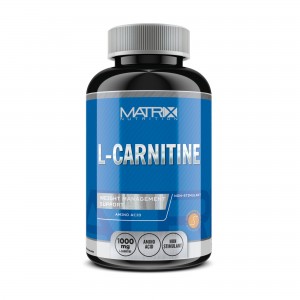
| Use for | Weight Loss |
| Website | matrix-nutrition.co.uk |
| Price | £8.99-19.99 |
